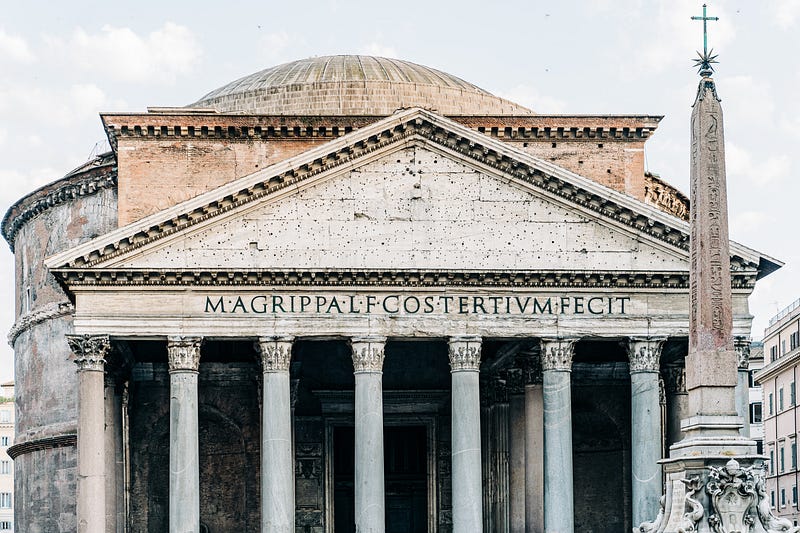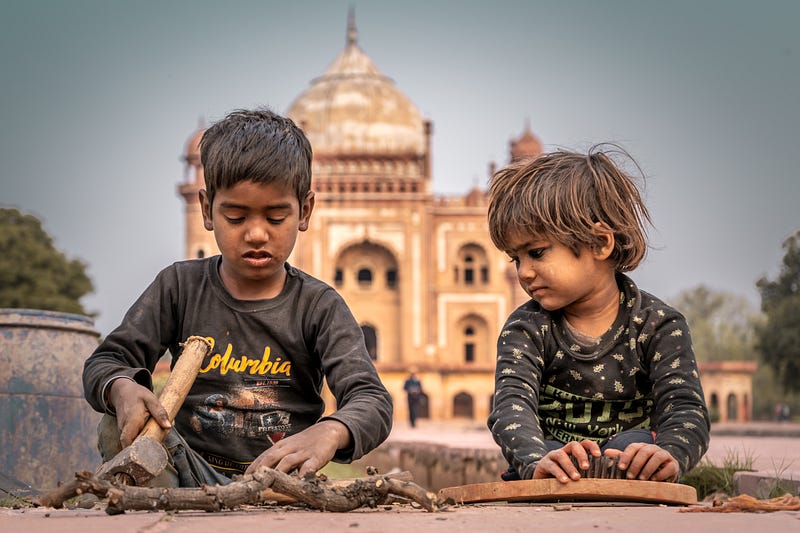Why Democracy Sucks
And so do DAOs at this point
508 BC. Athens established the first form of distributed power policy — democracy they called it. “Demos” means people and “cratien” means leadership, ergo: run by the people. At that point, a radical shift occurred in the institution of politics. Humanity began to bridge the gulf between the Hobbesian state of nature and the grip of authoritarianism through “social contracts” that enshrine the rights of the citizens. 
The Profound Misinterpretation
Democracy is built on the straightforward premise that people’s opinion is represented equally across the population. Everybody’s vote matters the same, right? Here’s a provocative thought. Not all people have the same background, knowledge, or experience to propose their choice of governance mechanism to the majority. Like in every other human development dimension, we cannot look past the dominance hierarchy. Also, when speaking of democracy we must separate the notion of governance and policy-making.
governance is the philosophy of creating a universal record of lawfully supported units the community respects accordingly. Does it make sense then, to have voting power equally distributed amongst all people? And does it make sense to have representatives that represent our choices at decisions of much higher order, yet when we express giving decision-making to the hands of those that understand, breathe and even create these structures, it seems as if we are confiscating the underlying principles of democracy?
policy-making is the organizational structure that affects all people, the humble, the poor, and the minorities. While they engage populations with some level of decision-making, they are defined by the premise of distrust in the ability of the human population to make a direct judgment about policy-making.
Our system work under the fundamental principle engraved into the constitution which is liberty. An unpopular opinion implies, however, that men participate in its liberty. Modern democracy should serve in everyone’s favor. Rather, it has failed to provide the initiatives to address inequality.
Different Type of Power Distribution
In theory, democracy works. The best-case scenario depicts all eligible people participating in both governance and policy-making decisions. Everybody’s message is conveyed through their vote. Even the “best” democratical systems have a voter turnout of 87% (losing 1/6 of the population).
By proposing a mechanism that serves all people, we have also created a mechanism that represents everyone’s best interests(and not by heart). Monarchies evolve around a monetary system with a central figure that serves as the monetary policy regulator with a solid cash flow structure. In a democracy, the power distribution happens at a much more abstract level than in monarchies. When we align democracy with capitalism, those embedded higher into the social layers can indulge in greater luxuries, such as passive income, the power to build the economy through ideas, etc. Those in smaller social layers simply pass their vote to positions of power. 
Short political horizons prevent the high elaborativeness of candidates to address long-term problems with effectiveness. Rather, these mandates serve as a posture of marketing campaigns, hefty debates, and distrust in politics.
With DAOs it is a bit different
While the transparency built into the DAO model may prove a draw to individuals disenchanted with opaque corporations in the real world, it “doesn’t necessarily mean that the decisions will be made properly and accurately”, says Hok. Nor does it mean that power within the DAO will be shared equitably. For example, there is nothing to stop the founders of a DAO from hoarding governance tokens and rewarding themselves with a controlling stake in the decision-making process.
It shouldn’t be surprising that not all members of a DAO will remain completely engaged in its operations, even if the voting share is determined by enthusiasm. Another solution to the problem could be for members to appoint proxies to vote for them. To what extent, then, are DAOs really any different from conventional corporate hierarchies? Sousa Pinto concedes that they are similar in some respects. “But that doesn’t mean you’re just following the rules from traditional and conventional corporations,” he adds. Fundamentally, “there is a simplification of the process, and of bureaucracy.”
Conclusion
While democracy is an exhilarating turning point in the history of autonomy, it failed to separate the notions of governance and policy-making, resulting in confusion between liberty and worthiness. On this note, I’d like to thank you very much for reading through this article, hopefully, it has provided you with some insights into why we have to dig even deeper to find the ultimate inclusive system.
Connect & Read More
Feel free to contact me via any social media. I’d be happy to get your feedback, acknowledgment, or criticism. Let me know what you create !!!
LinkedIn, Medium, GitHub, Gmail

















![[LIVE] Engage2Earn: Save our PBS from Trump](https://cdn.bulbapp.io/frontend/images/c23a1a05-c831-4c66-a1d1-96b700ef0450/1)











































